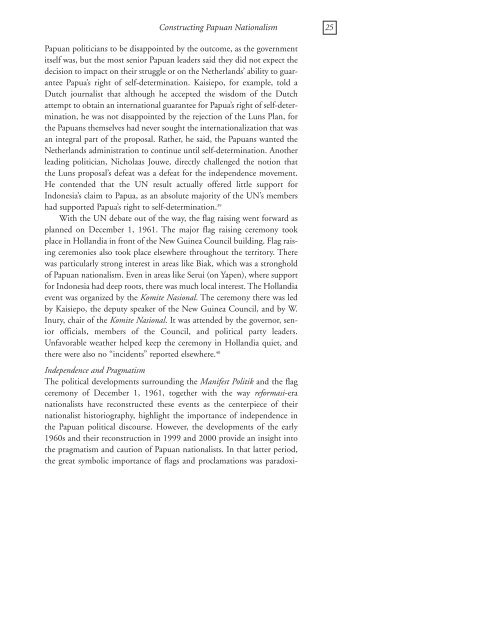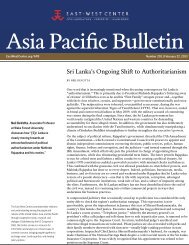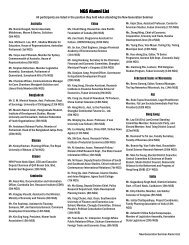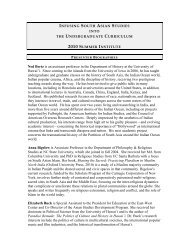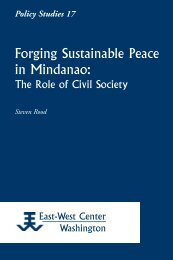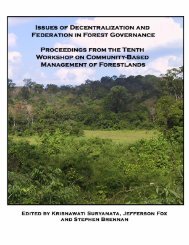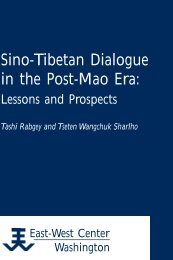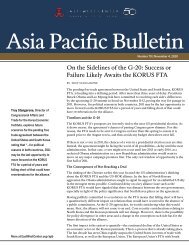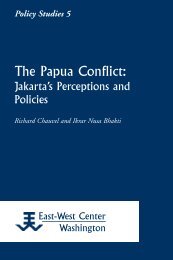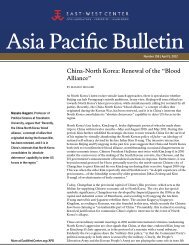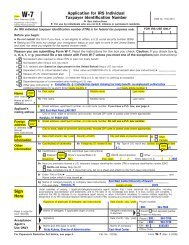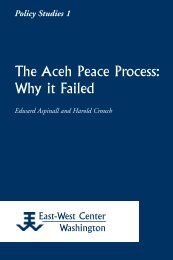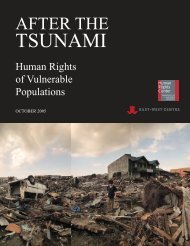Constructing Papuan Nationalism: History, Ethnicity ... - ScholarSpace
Constructing Papuan Nationalism: History, Ethnicity ... - ScholarSpace
Constructing Papuan Nationalism: History, Ethnicity ... - ScholarSpace
- No tags were found...
You also want an ePaper? Increase the reach of your titles
YUMPU automatically turns print PDFs into web optimized ePapers that Google loves.
<strong>Constructing</strong> <strong>Papuan</strong> <strong>Nationalism</strong> 25<strong>Papuan</strong> politicians to be disappointed by the outcome, as the governmentitself was, but the most senior <strong>Papuan</strong> leaders said they did not expect thedecision to impact on their struggle or on the Netherlands’ ability to guaranteePapua’s right of self-determination. Kaisiepo, for example, told aDutch journalist that although he accepted the wisdom of the Dutchattempt to obtain an international guarantee for Papua’s right of self-determination,he was not disappointed by the rejection of the Luns Plan, forthe <strong>Papuan</strong>s themselves had never sought the internationalization that wasan integral part of the proposal. Rather, he said, the <strong>Papuan</strong>s wanted theNetherlands administration to continue until self-determination. Anotherleading politician, Nicholaas Jouwe, directly challenged the notion thatthe Luns proposal’s defeat was a defeat for the independence movement.He contended that the UN result actually offered little support forIndonesia’s claim to Papua, as an absolute majority of the UN’s membershad supported Papua’s right to self-determination. 39With the UN debate out of the way, the flag raising went forward asplanned on December 1, 1961. The major flag raising ceremony tookplace in Hollandia in front of the New Guinea Council building. Flag raisingceremonies also took place elsewhere throughout the territory. Therewas particularly strong interest in areas like Biak, which was a strongholdof <strong>Papuan</strong> nationalism. Even in areas like Serui (on Yapen), where supportfor Indonesia had deep roots, there was much local interest. The Hollandiaevent was organized by the Komite Nasional. The ceremony there was ledby Kaisiepo, the deputy speaker of the New Guinea Council, and by W.Inury, chair of the Komite Nasional. It was attended by the governor, seniorofficials, members of the Council, and political party leaders.Unfavorable weather helped keep the ceremony in Hollandia quiet, andthere were also no “incidents” reported elsewhere. 40Independence and PragmatismThe political developments surrounding the Manifest Politik and the flagceremony of December 1, 1961, together with the way reformasi-eranationalists have reconstructed these events as the centerpiece of theirnationalist historiography, highlight the importance of independence inthe <strong>Papuan</strong> political discourse. However, the developments of the early1960s and their reconstruction in 1999 and 2000 provide an insight intothe pragmatism and caution of <strong>Papuan</strong> nationalists. In that latter period,the great symbolic importance of flags and proclamations was paradoxi-


